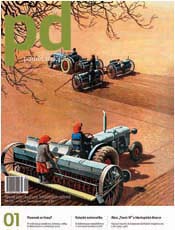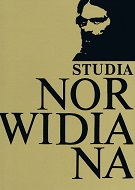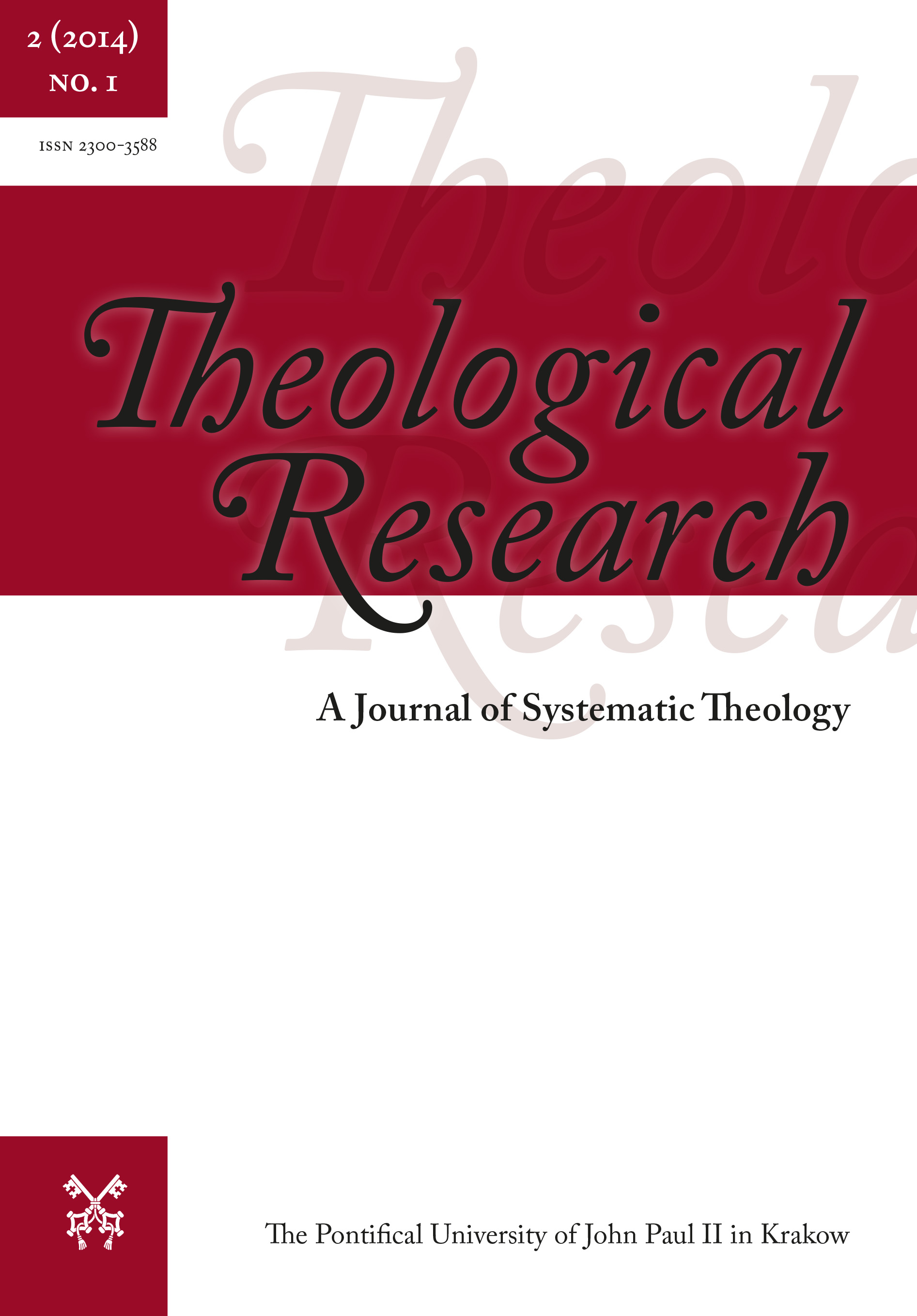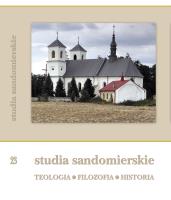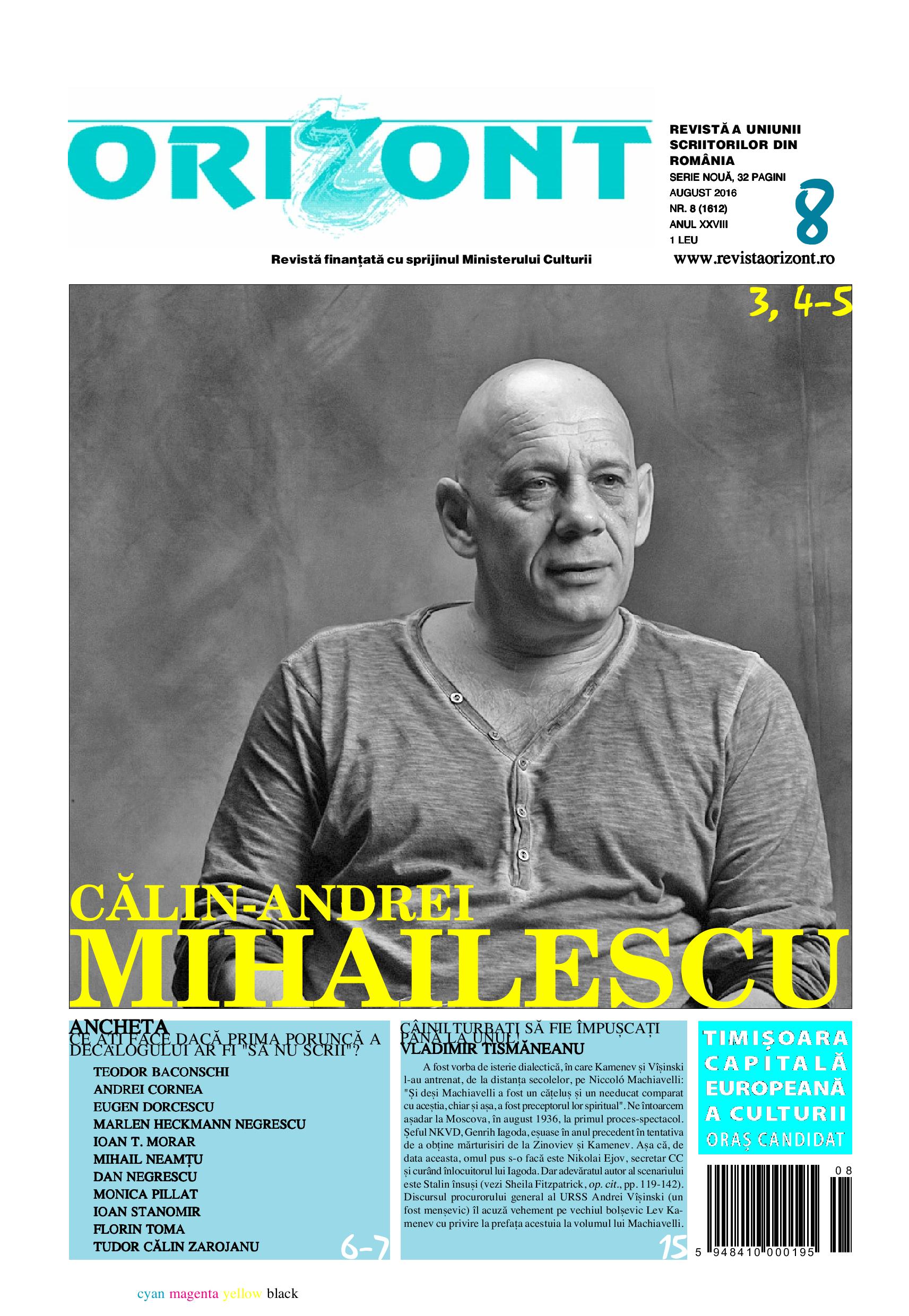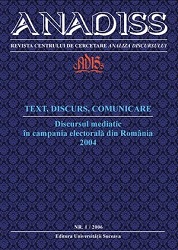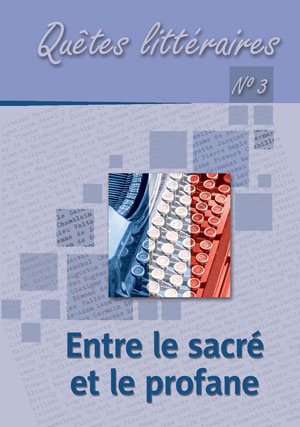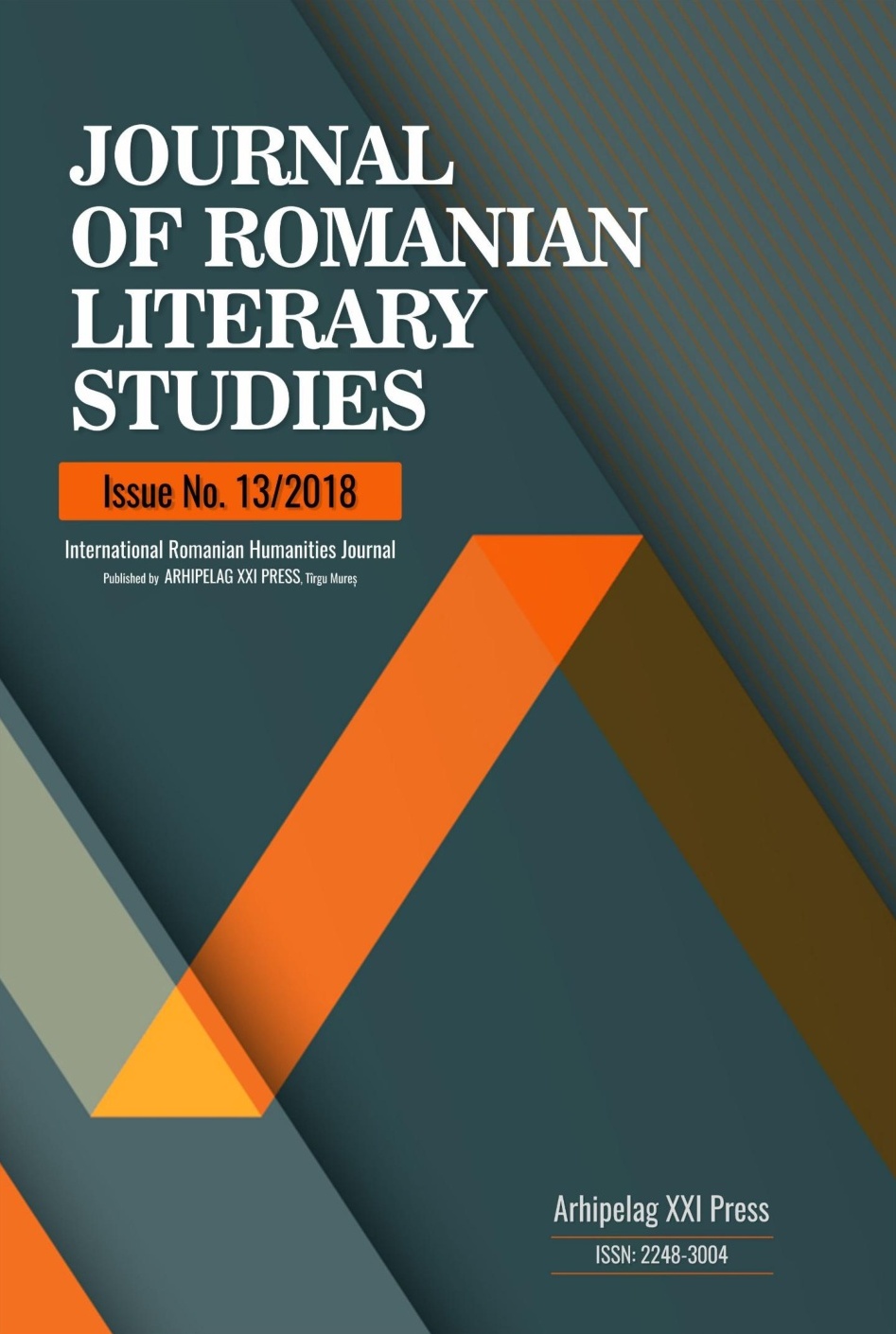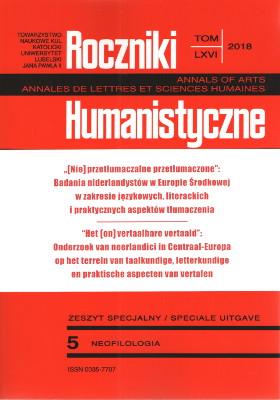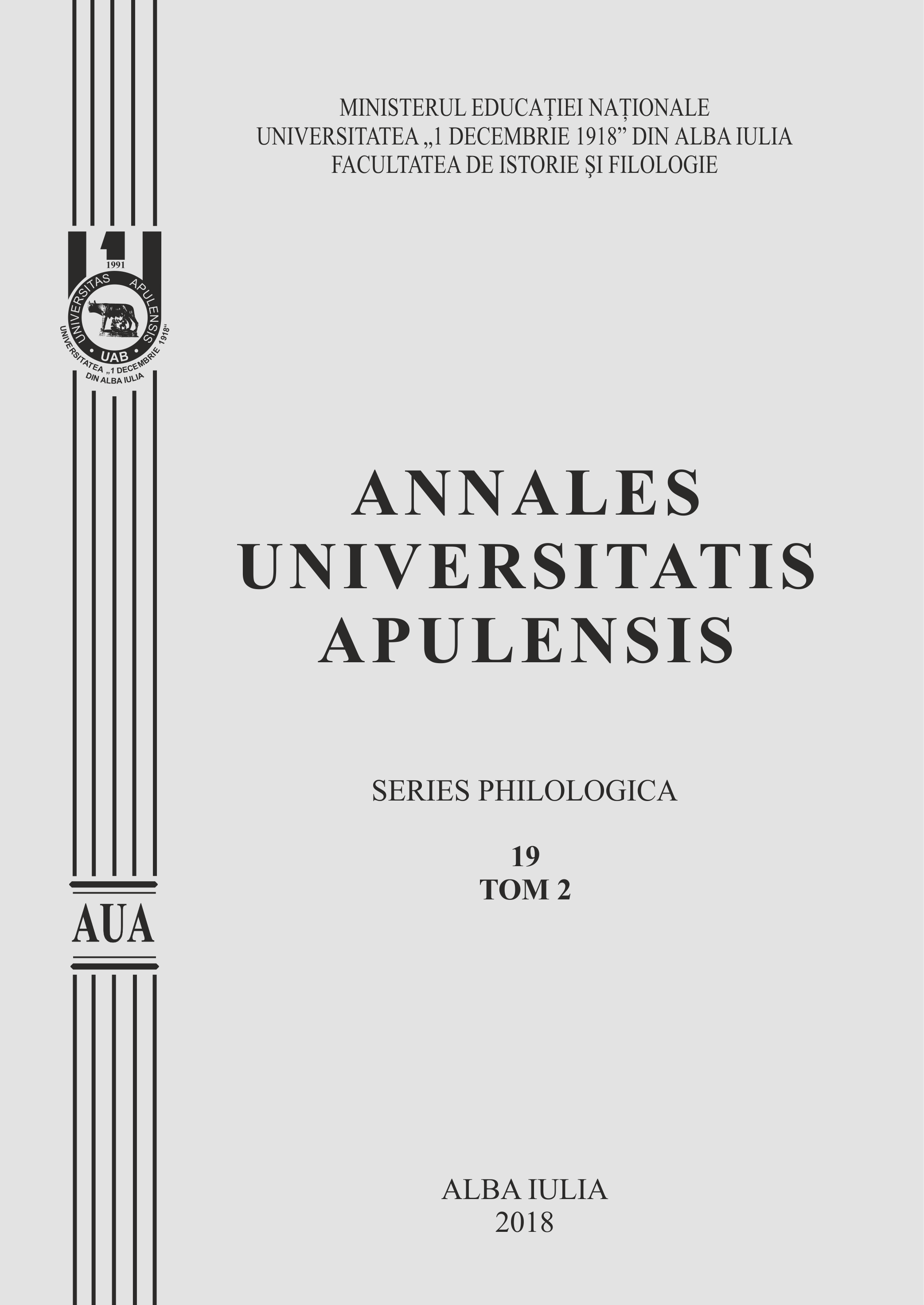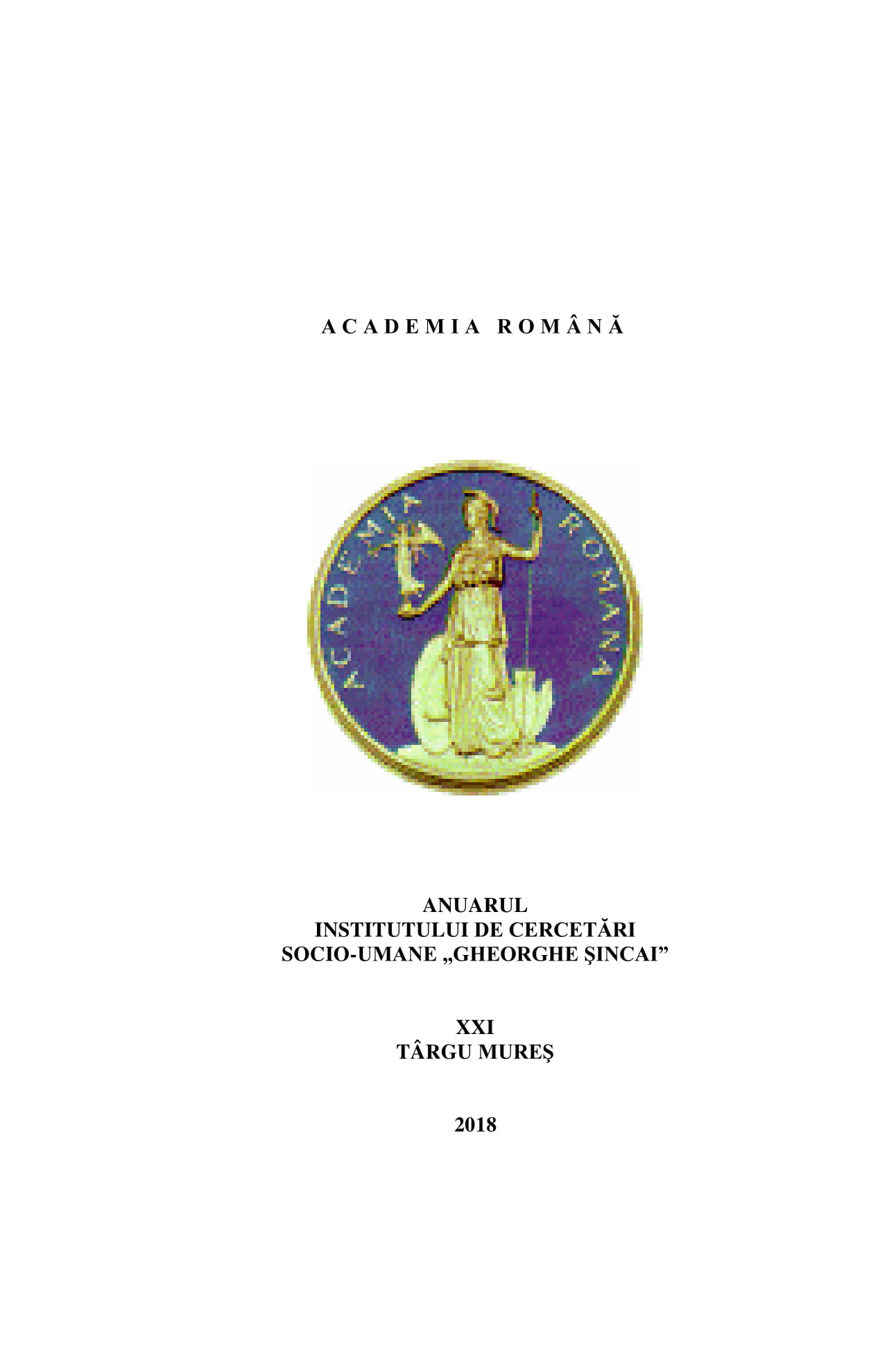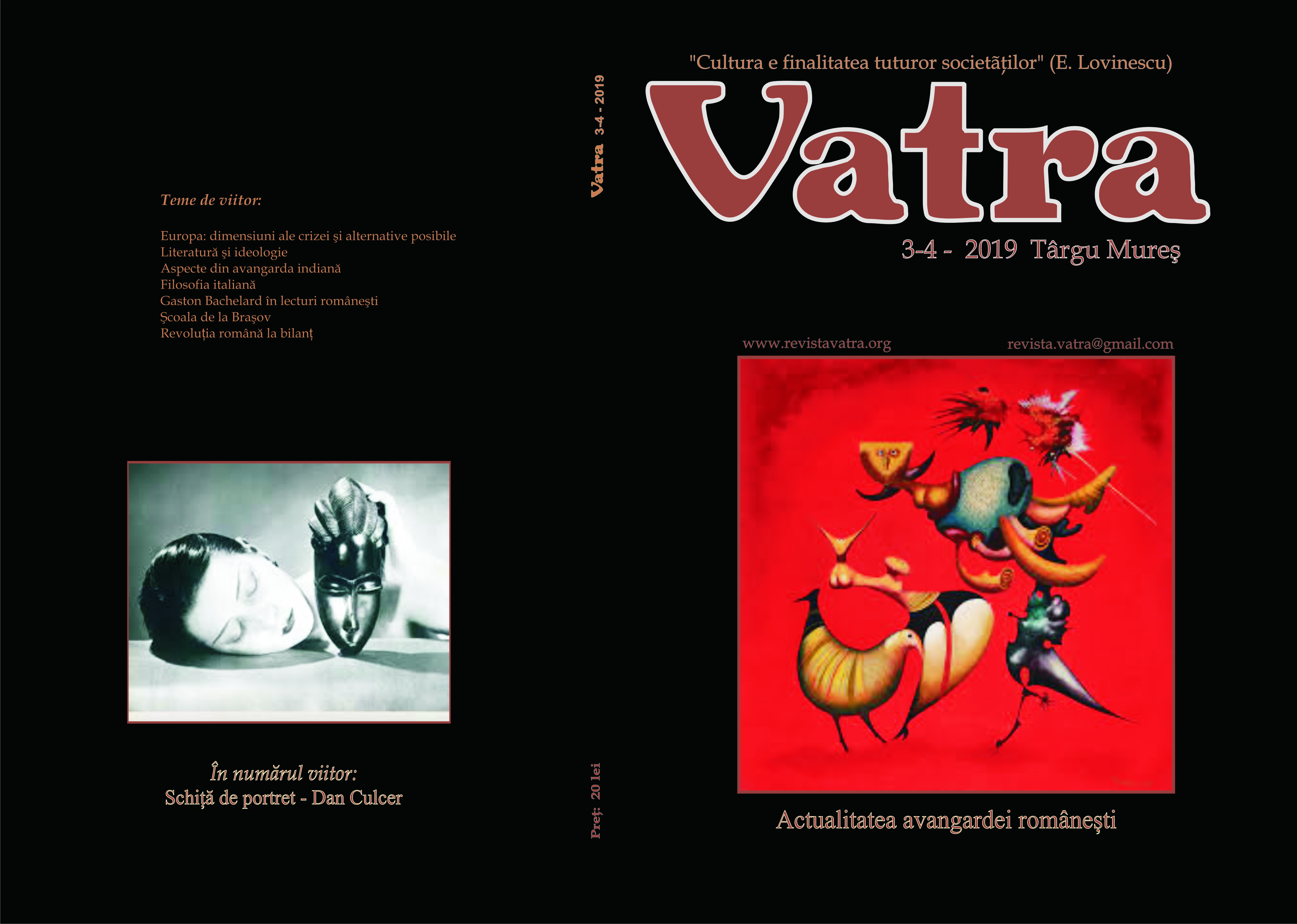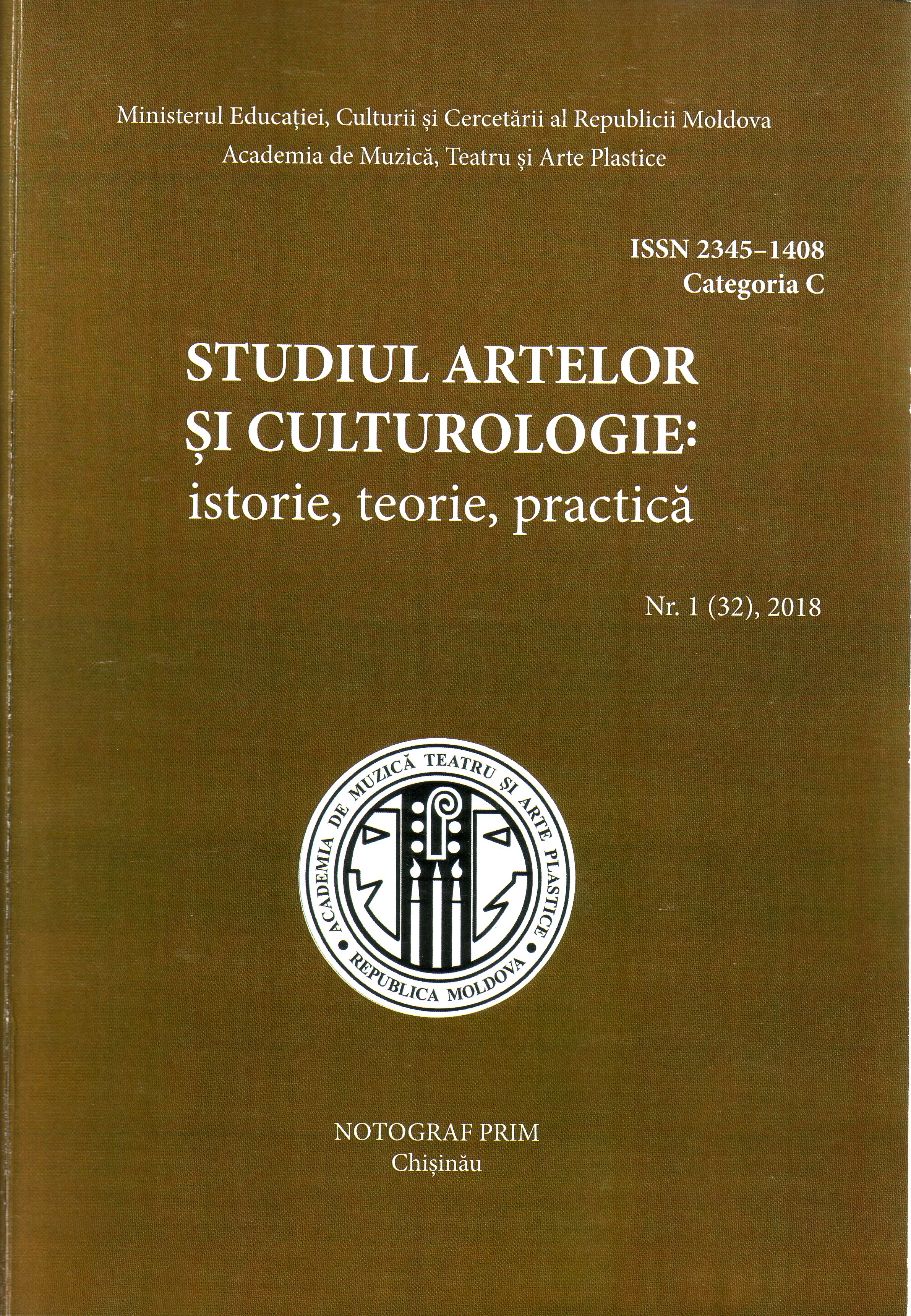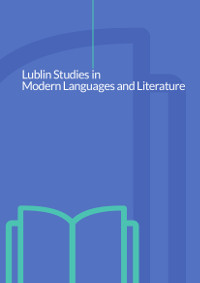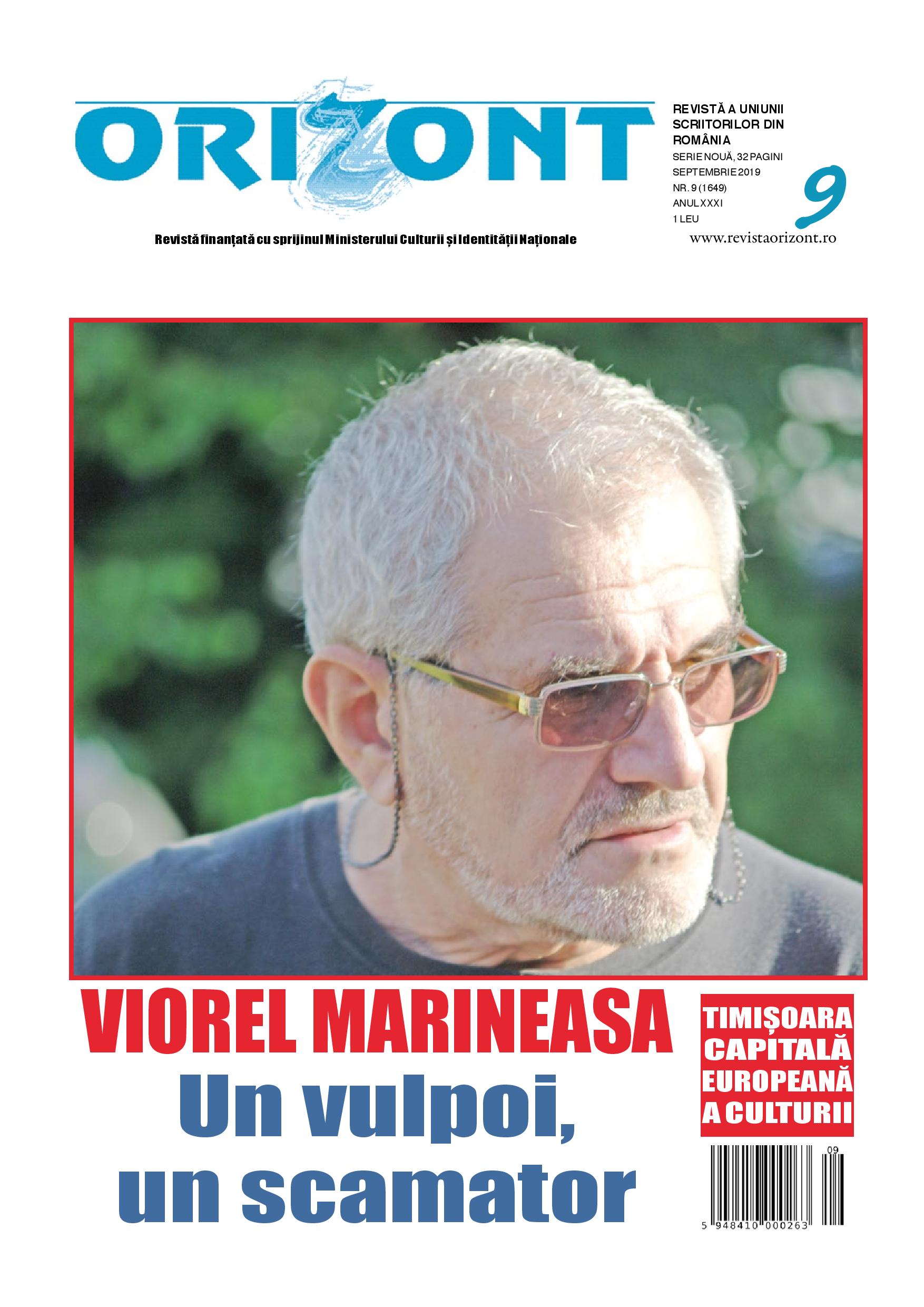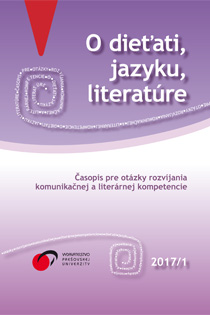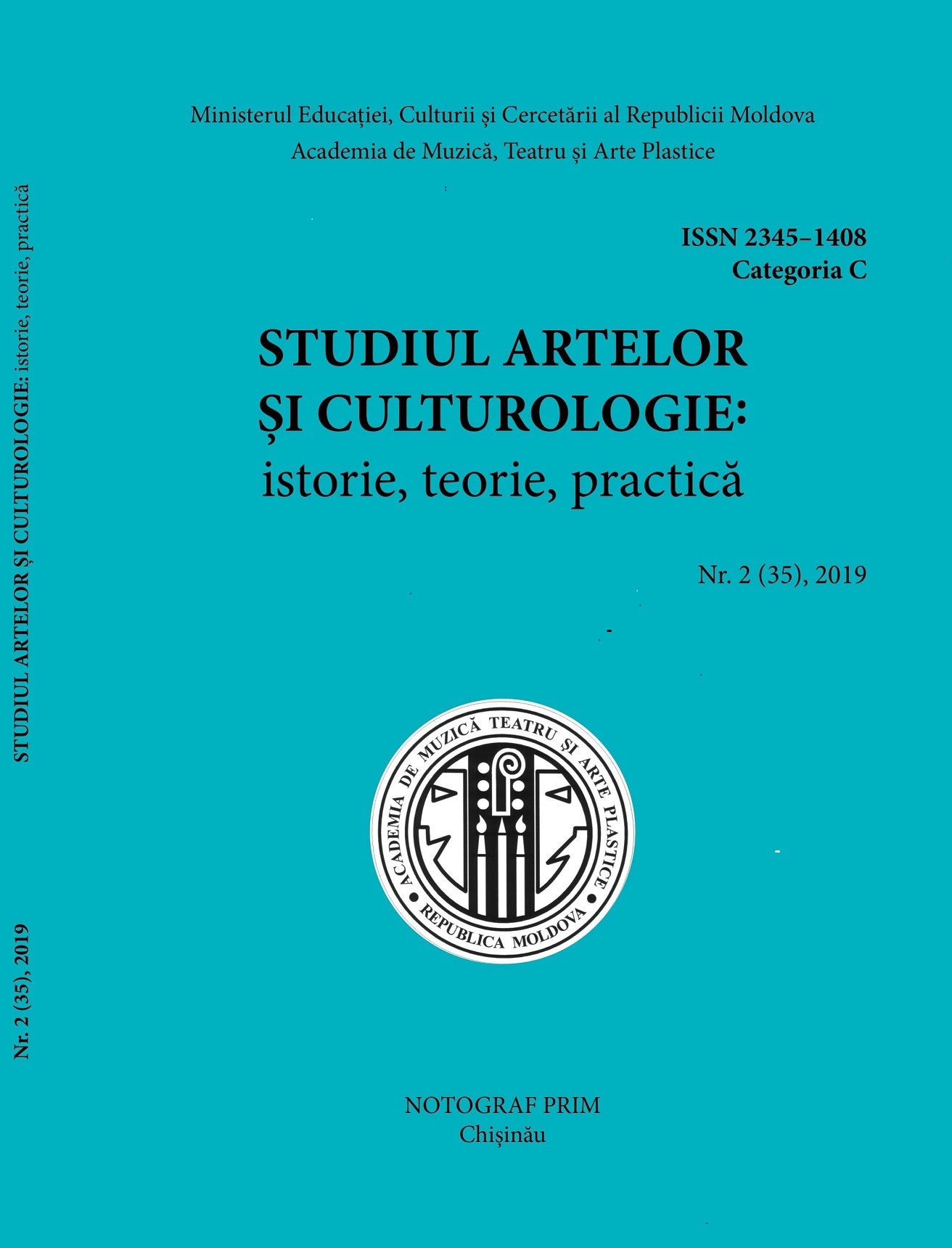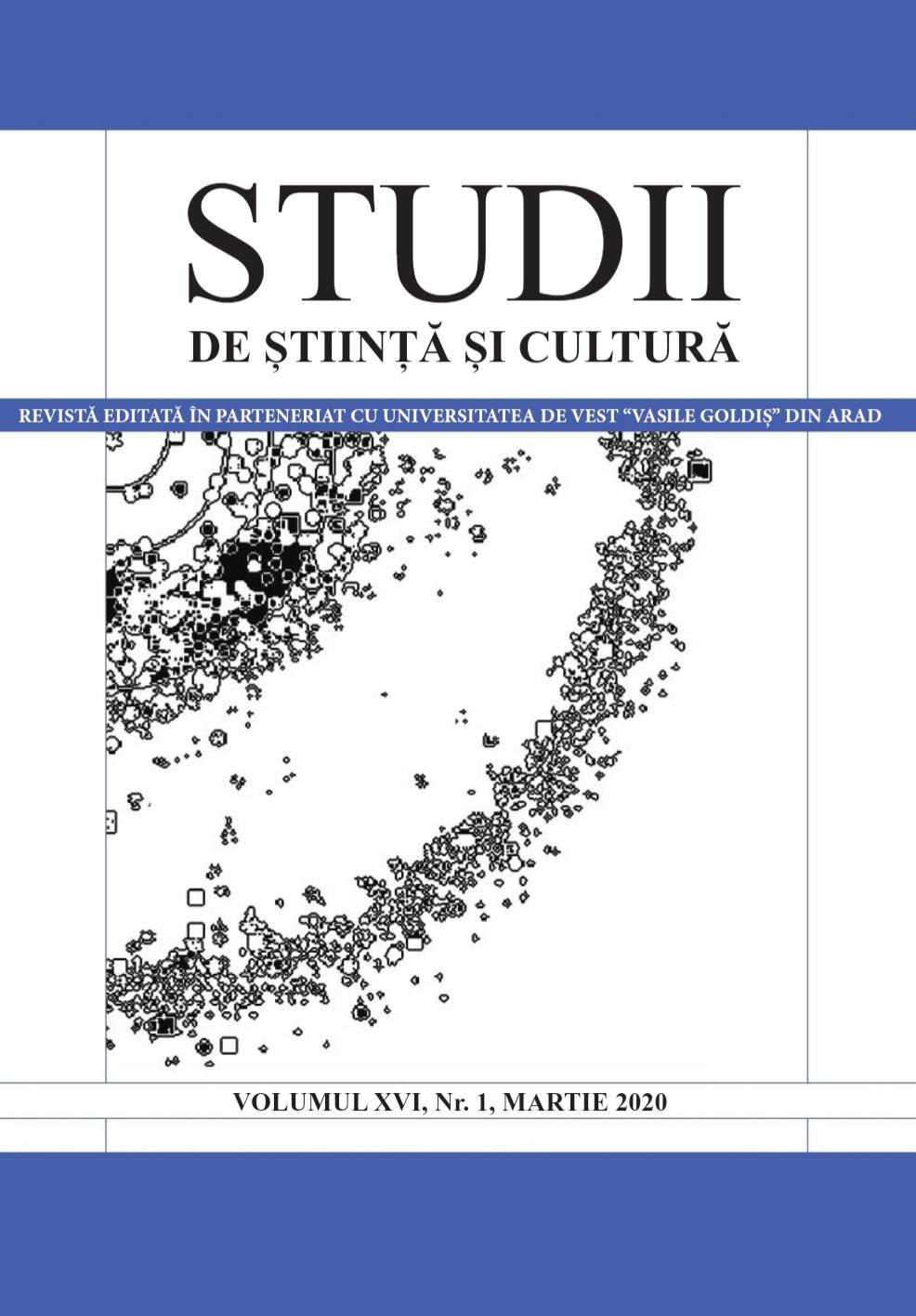MYTHOLOGIE ET REALISME DANS A LA TABLE DES HOMMES DE SYLVIE GERMAIN
Author(s): Serenela Ghiţeanu / Language(s): French
/ Issue: 2/2018
Keywords: Revisiting myths; the Noble Savage; the Tower of Babel; the Scapegoat; Cain and Abel; Criticism of modernity; Imaginary; French novel;
The aim of this article is to analyze the imaginary in Sylvie Germain’s latest novel, “A la table des hommes”, published in 2016. The writer goes back to one of his favorite interests, that of revisiting myths, some of the most important in the universal culture: the Noble Savage, the Tower of Babel, the Scapegoat and the myth of Cain and Abel. In the author’s intention, these myths are able to widely tell the story of an extravagant character, born from the strange union between a little pig and the body in agony of a human being. This union happens during the night, deeply hidden in a forest. The creature recently born becomes the main character of the novel and he will live among a modern civilization which is destroying itself. The writer returns to ones of his majors themes: the Evil, the War, the irrational nature of a human being and her purpose is to radically criticize modernity. The latter is perceived as being aggressive for nothing and highely fanatical. In a provocative manner, the novel presents a shocking replacement: the human being’s place is taken by an animal. A new human being is born who preserves a lot from his animal’s side and this one could be better than the human being. The novel begins as a fairytale and becomes a very modern fable, where the terrorist attacks bring down the European civilization and where the Internet is a common tool. Intolerance, ignorance, malice, betrayal are incriminated through some of the characters. However, kindness, solidarity and friendship are also present through other characters. A solution for escaping this mad world would be to become inspired by the genuine nature of the main character and his intellectual curiosity. In conclusion, starting with a mythological atmosphere, the novel ends up with a vision of critical realism.
More...
